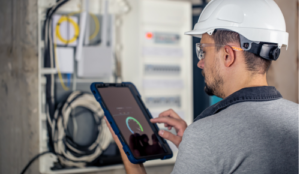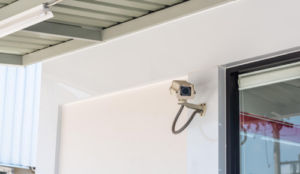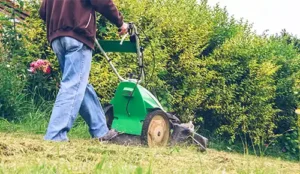Health and safety management for residential and commercial properties is an area of critical importance. There are a lot of laws and regulations that landlords and property management companies need to be aware of, and a range of different health and safety responsibilities within facilities management. Issues such as fire safety, asbestos management, water safety and electrical safety, can all result in damaging incidents that can have serious effects on the health and safety of residents, and therefore these need to be considered and assessed by the facilities management company.
Responsibilities
The inherent responsibilities of all facilities managers are to manage the property on behalf of the landlord, to undertake general maintenance of the property and its grounds, and to complete health and safety risk assessments and enforcement.
Completing effective risk assessments is essential to ensure that hazards are accurately identified and reduced. There are six important areas of risk management: fire, electrical, dangerous substances, asbestos, water and work height.
Fire safety risk assessments (BAFE SP205)
Facilities and property management companies and landlords have certain legal obligations under the Fire Safety Order to carry out fire risk assessments in all areas of their properties. The assessment should identify any fire hazards and who is at risk, and decide what can be done to reduce or remove that risk.
Once the assessment has been completed, it is the responsibility of the property manager to record the findings, prepare an emergency plan and provide any training. It is also important for the property manager to review and update the fire risk assessment report regularly.
Electrical safety risk assessments
Risk assessments for electrical safety must include the evaluation of threats such as shocks, burns or deaths resulting from exposure to electricity due to electrical disrepair, out-of-date installation or unsafe installation (such as in close proximity to water).
A property manager can be liable under the Defective Premises Act if a tenant or resident suffers any damage to personal property, injury or death as a result of electrical defects in the premises. It is, therefore, extremely important to have a professional regularly check all electrical installations within a premises.
Dangerous substances risk assessments
The responsibility of managing risks associated with dangerous substances lies with property managers or agents. Such substances include volatile organic compounds, which emit formaldehyde and can lead to headaches, nausea, dizziness, and drowsiness.
Radon gas is a hazardous substance known to cause lung cancer.
Lead is another dangerous substance that, when ingested, accumulates in the body and has toxic effects on the nervous system, cognitive development, and blood production. Children exposed to low levels of lead over time may suffer from mental retardation and behavioural issues. Lead is commonly found in old paint or water supply pipework in buildings constructed before 1970.
Biocides are chemicals used to treat timber and mould growth in buildings, while carbon monoxide and fuel combustion products, such as gas, oil, and solid fuel used for heating and cooking, can also pose health risks, causing unconsciousness and death at high concentrations.
Asbestos surveys/awareness
The UK has the highest levels of mesothelioma globally, with more people succumbing to the disease annually than in road accidents. Mesothelioma-related deaths have risen dramatically from 158 in 1968 to 2,544 in 2020 and continue to increase. Thus, all buildings constructed before 2000 in the UK are considered potentially asbestos-containing, and stringent measures must be taken to manage any asbestos risks effectively.
Water tank systems
Water tank systems must provide clean and adequate water for drinking, cooking, cleaning, and sanitation, without any health threats from bacteria, protozoa, parasites, viruses, or chemical pollutants. Property managers should maintain the water supply and drainage system in good, clean, and working condition, ensuring that any tank or receptacle used for storing water has a cover to keep the water clean and in proper condition.
Additionally, any water fitting susceptible to frost damage should be protected to prevent damage. Managers must not unreasonably disrupt the water or drainage supply used by any occupant in the property.
Working height
Falls from heights are a significant cause of both fatal and major injuries in the workplace. In April 2005, the Work at Height regulations were introduced in the UK to mitigate workplace injuries. These regulations apply to all work activities where there is a risk of falling from a height that could cause personal injury.
RIDDOR – What is it?
If you are in control of a premises, it is your responsibility to create a RIDDOR Report (Reporting of Injuries, Diseases and Dangerous Occurrences Regulations). Any work-related deaths and injuries to members of the public or self-employed individuals on your premises, as well as dangerous occurrences, such as near miss incidents, need to be recorded in this report.
How Dependable can help
Dependable can provide property maintenance services to help you ensure that your property is safe for your tenants and customers. Our property maintenance services include gas and electrical safety checks, plumbing and heating servicing, fire safety inspections and alarm servicing.
If you want to learn more about how Dependable can help you with the maintenance of your rental properties, please get in touch today and we will be happy to help.




